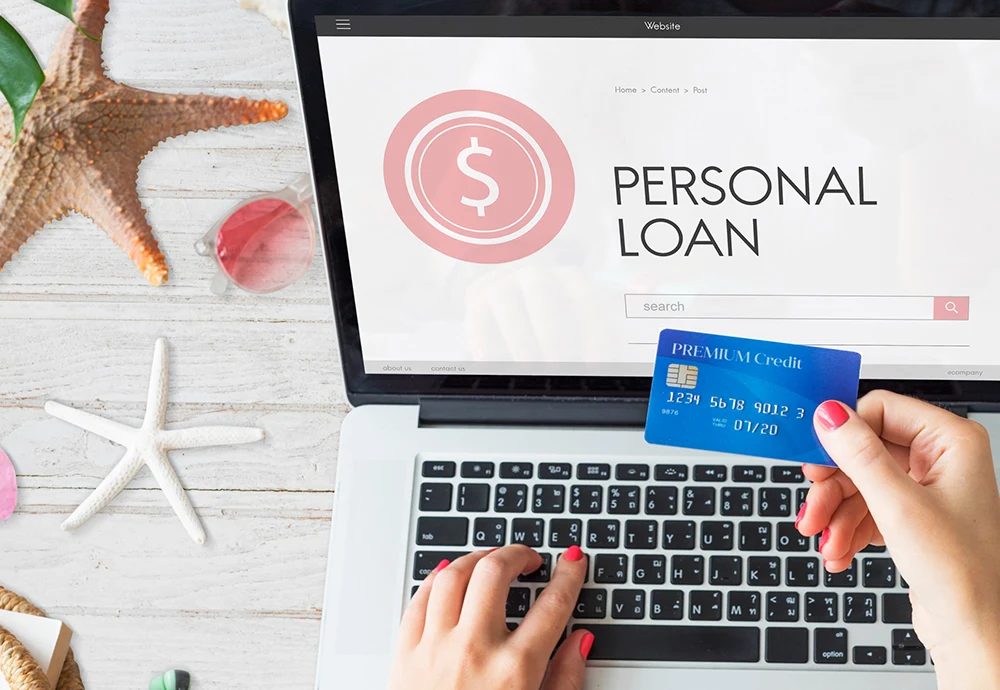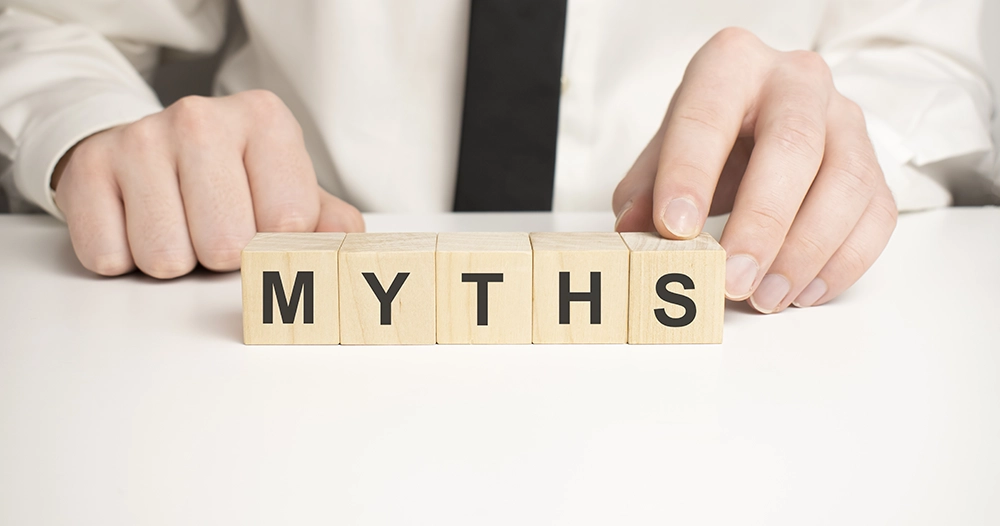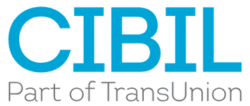Watching your credit score drop isn’t a comfortable feeling, especially when the score falters even after clearing unpaid dues. There are many factors that impact a credit score, but the credit history of a consumer is the storyteller of this chapter.
Let’s discuss some of the reasons that affect the credit score negatively and learn how to fix them.
9 Factors That Affect Credit Score
- Disturbing the credit mix
- Lowering average age of accounts
- Payment history
- Credit utilisation
- Old accounts
- Closing credit cards
- New credit card or loan application
- Credit report errors
- Identity theft
Disturbing the credit mix
Lenders or credit institutions want to see how effectively a consumer manages various types of debt. When a borrower closes a particular debt, it disturbs the overall credit mix and makes your credit look less attractive.
Lowering average age of accounts
A 20-year-old credit account has more impact on your credit score than a relatively new one. It is necessary to keep old accounts running. Closing the account will dramatically reduce your credit score.
Payment history
When you approach a bank with your loan application, they take time to revert. Behind the scenes, the respective bank analyses your payment history and checks your credit score.
Defaulting on loans and missing out on deadlines will negatively affect your score and reflect on your credit report. Often, loans are granted in good faith. So, if you don’t respect your agreement, why should they?
Credit utilisation
The percentage of credit used from the total available limit in a credit card is your credit utilisation ratio.
An ideal credit utilisation ratio should be around 30% or less. For instance, if the approved limit is 100 rupees, then the ideal spending limit should be capped at 30 rupees.
But what should I do if I have multiple credit cards and one of them is maxed out?
Clear them immediately. It’s always tricky with credit cards. Treat plastic money as an emergency fund.
Old accounts
Don’t close your old account after clearing your dues. Keep them running. Older the history, the better the chances of getting a new loan. Closing the account immediately after clearing your dues affects the credit score negatively.
Closing credit cards
Here’s what happens when you close a credit card: it reduces the duration of credit history and decreases the available credit limit.
New credit card or loan application
Applying for a new credit card or loan results in a hard pull or hard enquiry. These enquiries are used by credit institutions to reject or accept a loan or credit card application.
Credit report errors
Lenders can make mistakes too. Error in credit reports should be immediately identified by individuals. In case of any discrepancy, a dispute can be raised with the credit bureaus.
Identity theft
Identity theft is very much real. It occurs when someone mishandles your personal information to carry out fraudulent activities. And, if your identity is stolen and used to apply for new credit cards, it is advised to place a fraud alert.
What Debt Should I Pay off First to Improve My Credit Score?
There’s a lot of difference between ‘paying off your dues on time and clearing them when you think it’s time.’ The first option speaks volumes about a customer’s consistency, and the latter will impact the credit score negatively.
That’s why it’s advisable to plan how to clear your dues before taking a loan. Here’s what you can do.
- Clear high-interest credit card debt: Interest money piles up quickly, and credit card debt has the highest interest rates. Paying off your credit card bills on time has a positive impact on your overall credit score. It keeps the credit utilisation low, and you save a lot of interest money.
- Identifying the next high-interest debt: Revolving debt has a higher interest rate than installment loans because it allows consumers to keep borrowing money as long as they don’t exhaust their approved credit limit. There’s no payment plan like installment loans, and creditors can increase the interest rates if you skip your payments.
If you are planning to clear off your loans or debts early, then consider these factors:
Check with your bank or credit institution about any hidden penalty for clearing off your debt early
Review your credit history, credit score, and mix
A drop in your credit score isn’t permanent. But building a healthy credit score takes time and a lot of effort. Be smart. Don’t skip your dues. Remember, the credit score will be based on your payment habits.







